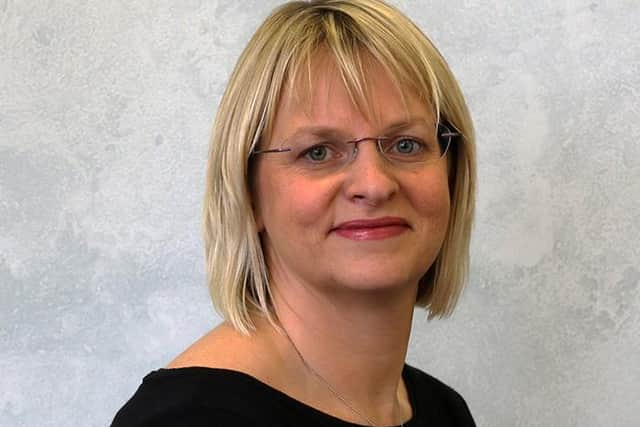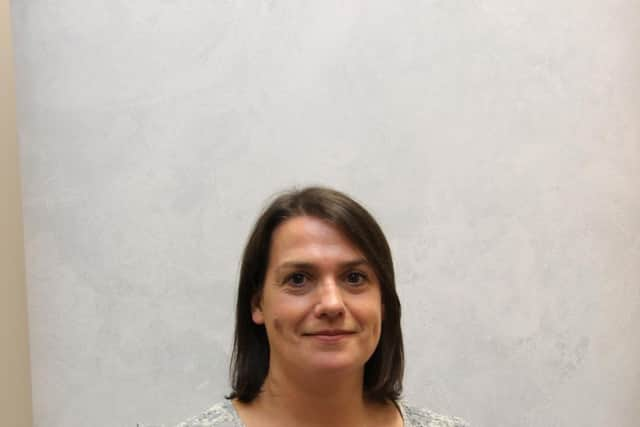£100k stroke research funding could help Lancashire patients and improve aftercare
and live on Freeview channel 276
Led by UCLan’s Dr Clare Thetford and Professor Liz Lightbody, the team have been awarded more than £140,000 to explore what staff, patients and carers think helps and hinders care after a stroke in partnership with Lancashire Teaching Hospitals NHS Foundation Trust (LTHTR).
Local stroke patients could benefit from new treatments and best practice as a result.
Advertisement
Hide AdAdvertisement
Hide AdSenior research fellow Dr Thetford, from UCLan’s School of Nursing, said: “Despite medical advances, 21% of stroke patients die within 30 days of having their stroke.


“High quality end-of-life care and support after stroke is therefore crucial. However, stroke is different to other conditions, and can make end-of-life care complex.”
UCLan’s School of Nursing is home to the only two nursing professors of stroke care in the UK.
“There is a lack of education and guidance for healthcare professionals responsible for providing this care,” said Dr Thetford.
Advertisement
Hide AdAdvertisement
Hide Ad“This may cause inadequate, inappropriate or delayed care and support.


“We will explore what specific challenges stroke may create, and how the many recent changes to general end-of-life-care might work with stroke patients.”
The 18-month collaboration, funded by The National Institute for Health Research Programme Development Grant, will see the nurses work with NHS trusts across the country and leading universities including Oxford University Hospitals NHS Foundation Trust, University of Nottingham and the University of Exeter.
Academics and nurses will not be the only ones working on the research and patients and members of the public will also be involved.
Advertisement
Hide AdAdvertisement
Hide AdThe team will survey UK hospital stroke units to discover what approaches to end-of-life-care are currently used and will try to determine the most important things needed for excellent end-of-life care after stroke.
Dr Thetford said: “We’ve already spoken to bereaved relatives and survivors of serious stroke to find out what they think the focus of our research should be.
“They will continue to be involved, ensuring that our research is relevant, moral, successful and makes a difference.”
Professor Liz Lightbody, leader of a National Stroke Workforce group for End-of-Life Care, said: “There is a view that providing end-of-life care is the role of specialist palliative care teams, but this is not the case.
Advertisement
Hide AdAdvertisement
Hide Ad“Good quality end-of-life care is everyone’s business, all staff involved in caring for patients following a stroke should have the knowledge and skills to provide compassionate and sensitive end of life care.”
“Together we are at the forefront of new innovations in healthcare, so I am delighted that we are involved with this research and that local patients can benefit from access to emerging new treatment for strokes.”
According to the Stroke Association, patients with pre-existing conditions who contract COVID-19 can go on to have strokes and these can be more serious than for stroke sufferers who have not had the virus.
This makes the research and funding all the more important at this time.
Advertisement
Hide AdAdvertisement
Hide AdPaul Brown, head of research and innovation at Lancashire Teaching Hospitals NHS Foundation Trust (LTHTR), said: “The Trust is delighted that this study in an area which still has such a journey to make in terms of patient welfare, is beginning.
“The appointment of Professor Lightbody last year signalled a new era for research collaboration between the Trust and UCLan and it is great that this study cements this working relationship toward rapid improvement for stroke patients.”